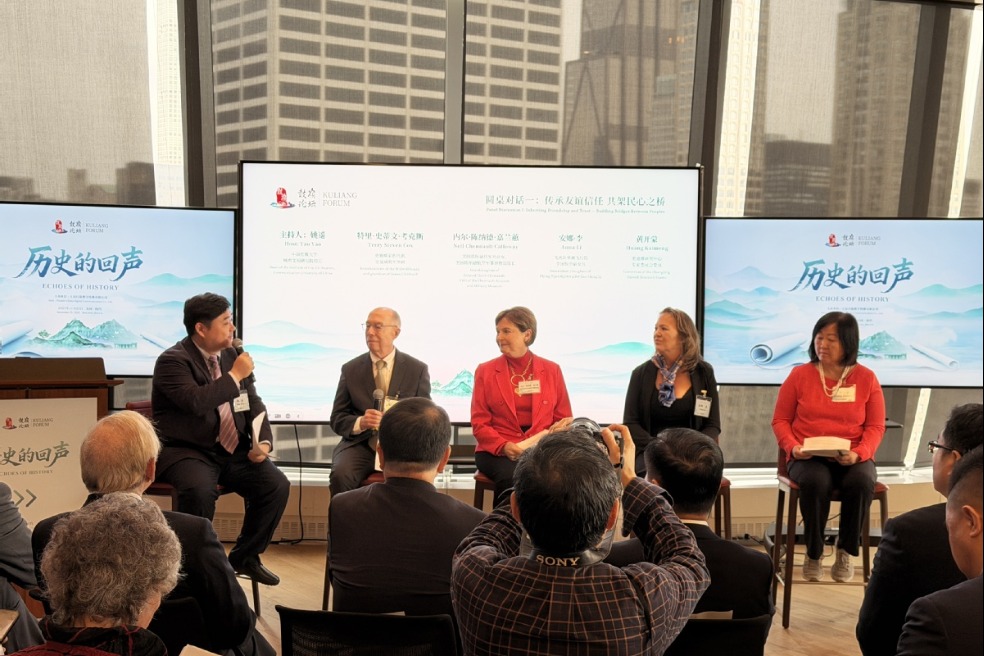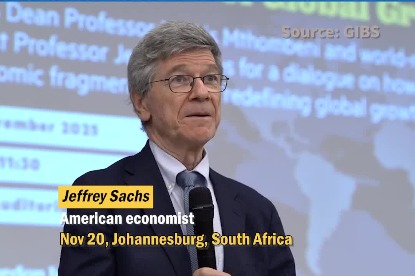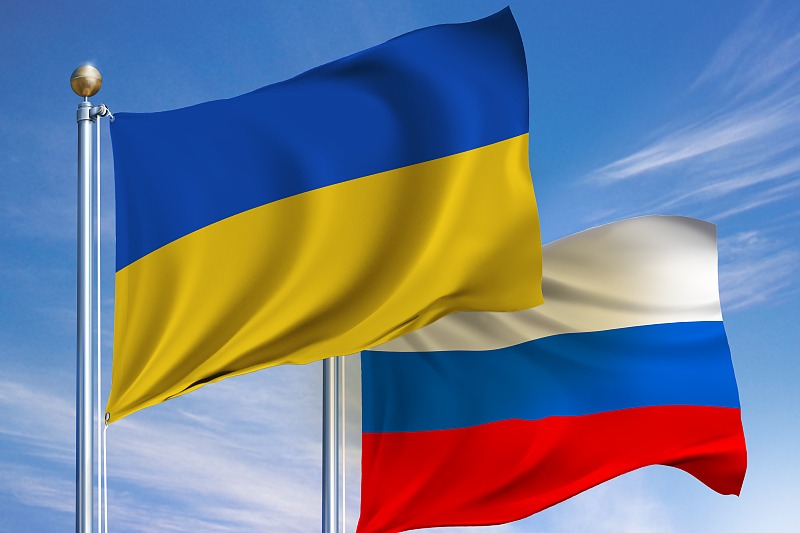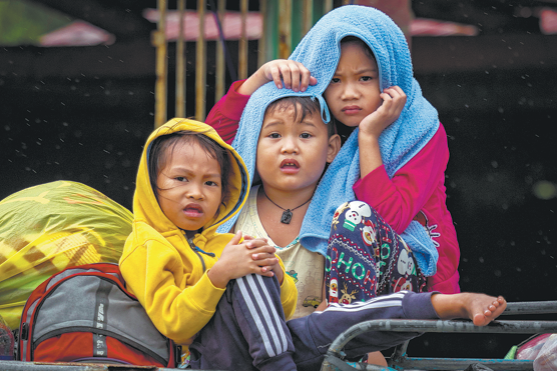UN Refugee Agency seeks to deepen ties with China

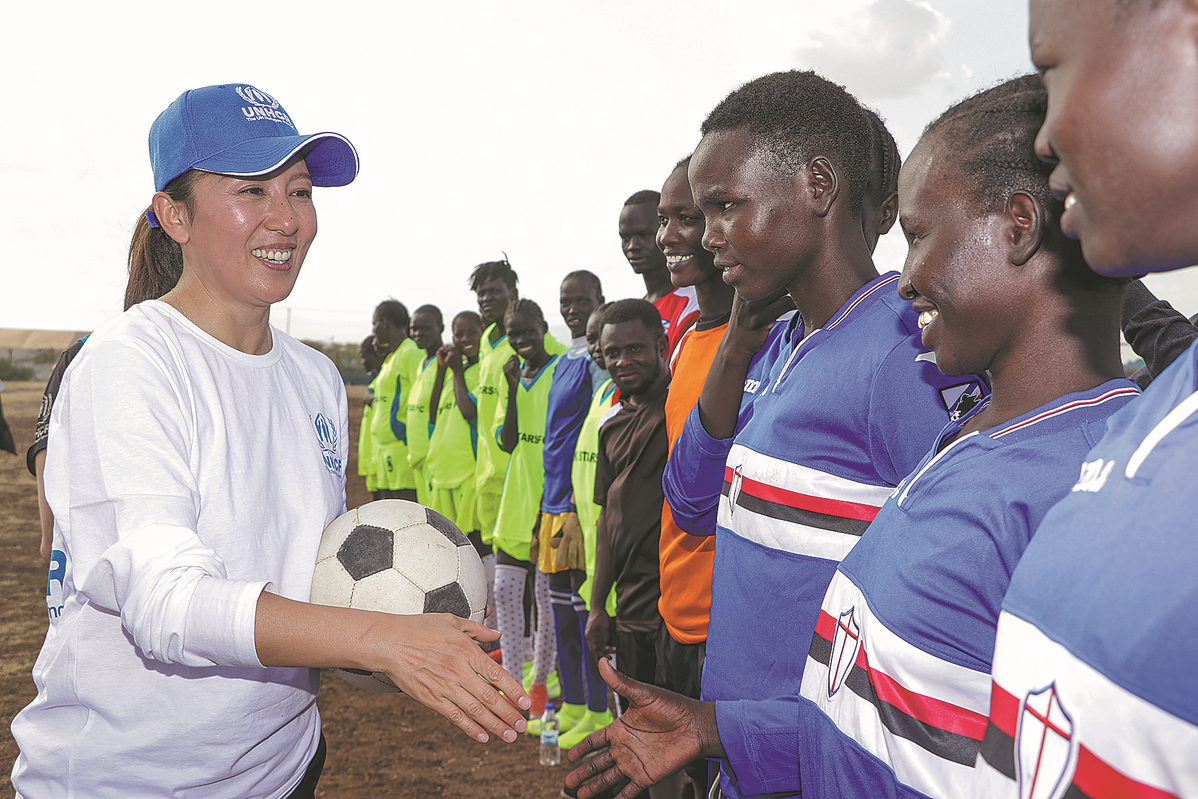
The United Nations Refugee Agency, or UNHCR, is eager to deepen its collaboration with China to maximize the potential of the country's affordable and mobile solar products in helping forcibly displaced individuals.
The necessity for such cooperation has been especially underpinned since such vulnerable groups are increasingly at the forefront of the global climate crisis.
Andrew Harper, the UN agency's special adviser on climate action, made the remarks during an interview with China Daily at the ongoing COP29 UN climate change conference, which opened on Monday and will run through Nov 22.
"China is obviously a super important player globally, and that importance is only going to increase. So we work closely with the government, but increasingly, we also work closely with the private sector," he said, citing China's solar technology giant LONGi as an example.
According to UNHCR, the agency and LONGi Green Energy Technology Co Ltd launched late in May the first phase of a joint climate action and solar energy project that seeks to reduce the carbon emissions of UNHCR emergency and preparedness stockpiles globally.
The UNHCR Regional Humanitarian Logistics Hub in Uzbekistan is the first facility to be equipped with LONGi renewable energy equipment, including a 700kW solar photovoltaic power plant.
Harper said that solar PV products are a potent solution to help displaced people access electricity, as they can provide power without requiring long transmission lines.
He said his experiences in the front line of helping displaced people have made him keenly aware of the importance of photovoltaic cells for refugees.
In terms of working with LONGi and others, UNHCR is trying to ensure that health centers, schools and vulnerable refugees have access to energy, he said.
"And the needs are just huge. The needs are bigger than our current partnership. So we're looking to expand as much as possible," he said.
About 700,000 Sudanese have just crossed into Chad, with more entering Ethiopia and Egypt. These people need help and they need energy, he continued.
"I think China could be our most important partner. If it's not now, it should be and it will be in the future," he said.
Harper continued by emphasizing the imperative of collaborating with China "because of the role China has globally and because of the role its industry has in providing materials and products which are affordable to populations".
He particularly highlighted the critical need for such cooperation in countries like Chad that are facing escalating challenges due to climate change.
According to a report UNHCR unveiled during the COP29 conference, people forcibly displaced are increasingly finding themselves on the front line of the global climate crisis.
Climate shocks are interacting with conflicts, further affecting the displaced population, it said.
Of the more than 120 million forcibly displaced worldwide, it said three-quarters live in countries heavily impacted by climate change, and half are in places affected by both conflict and serious climate hazards.
















